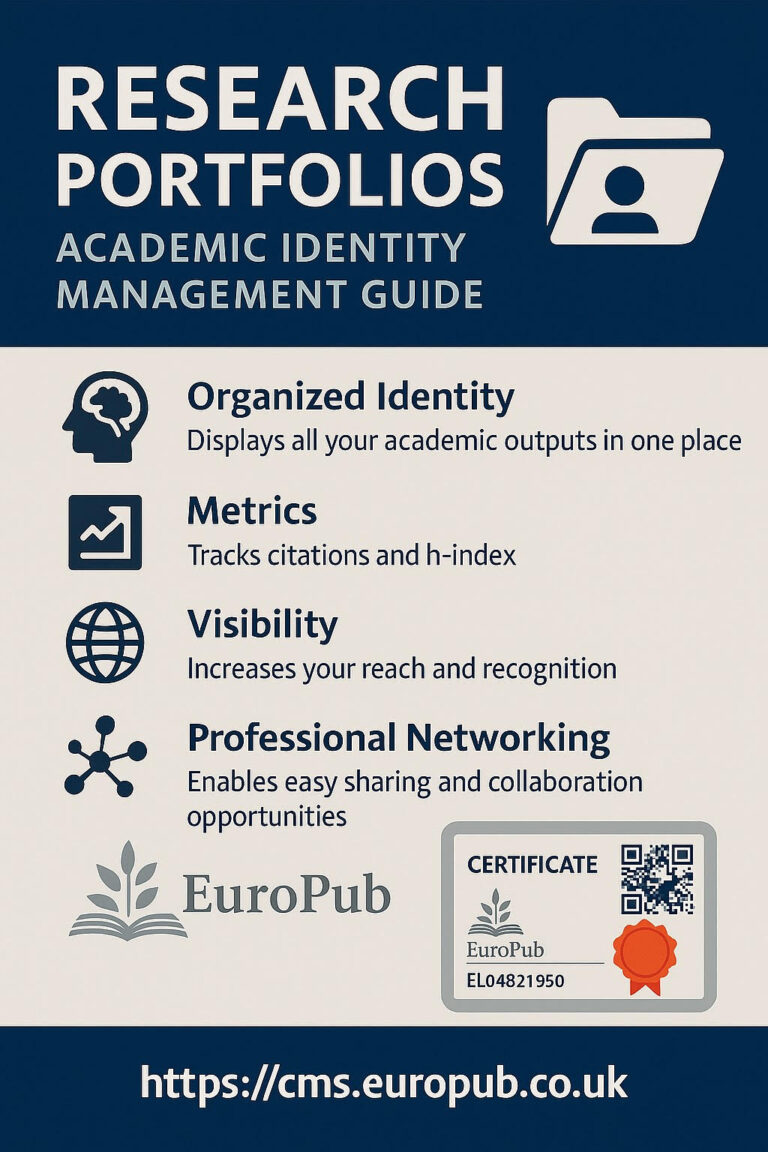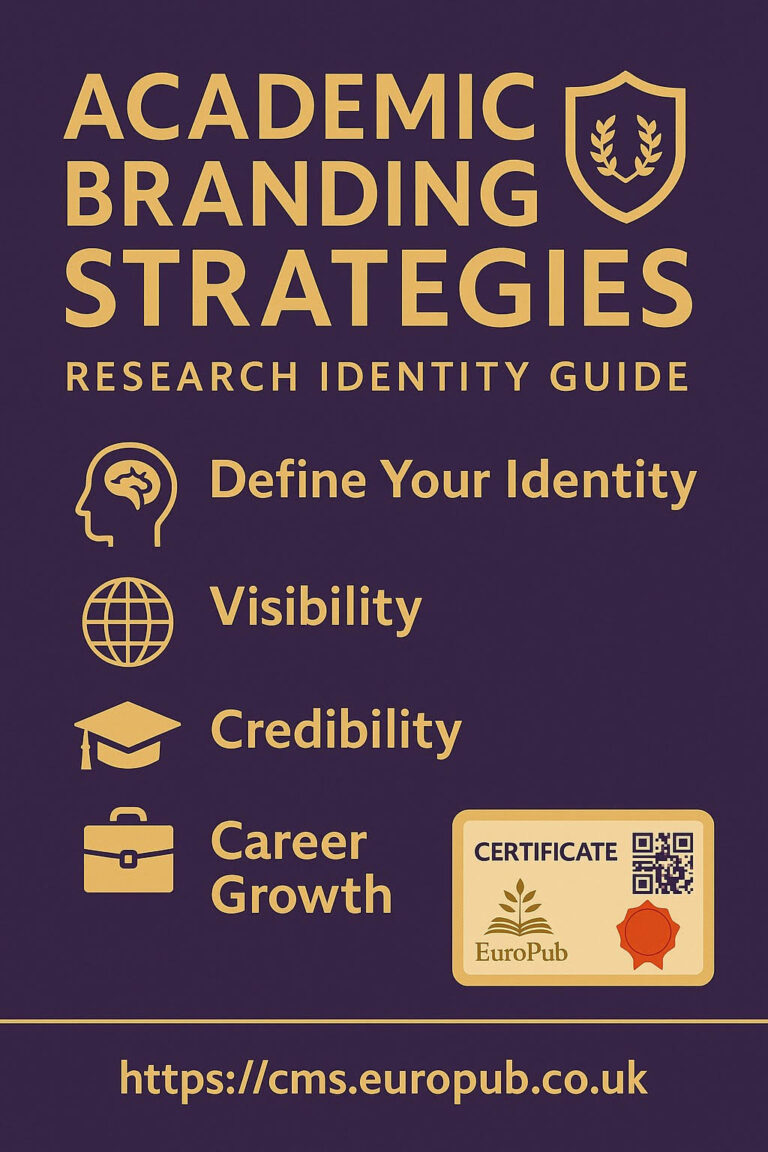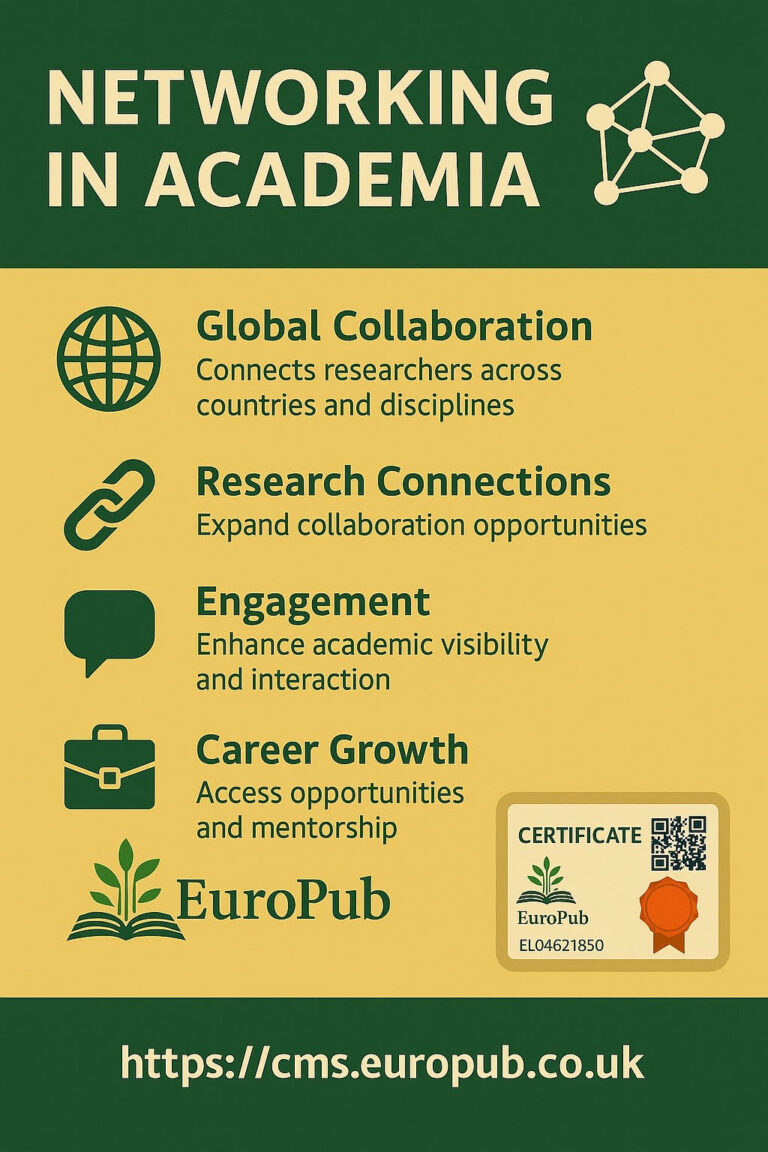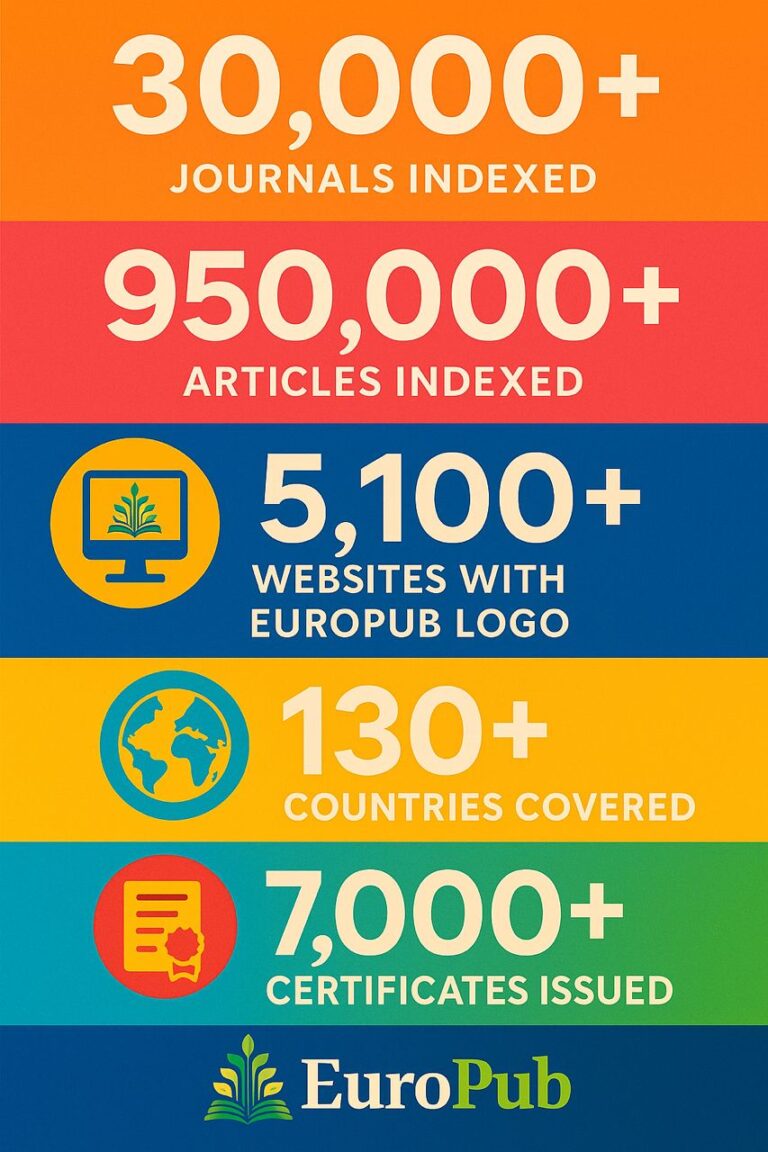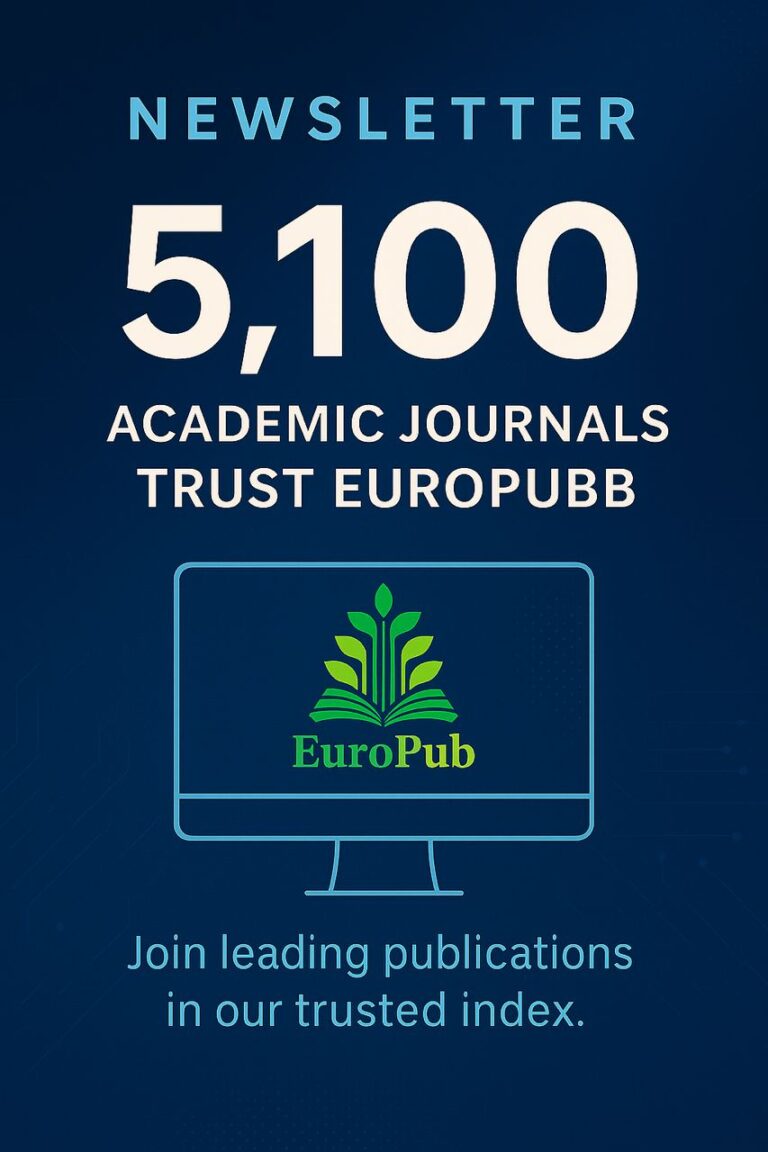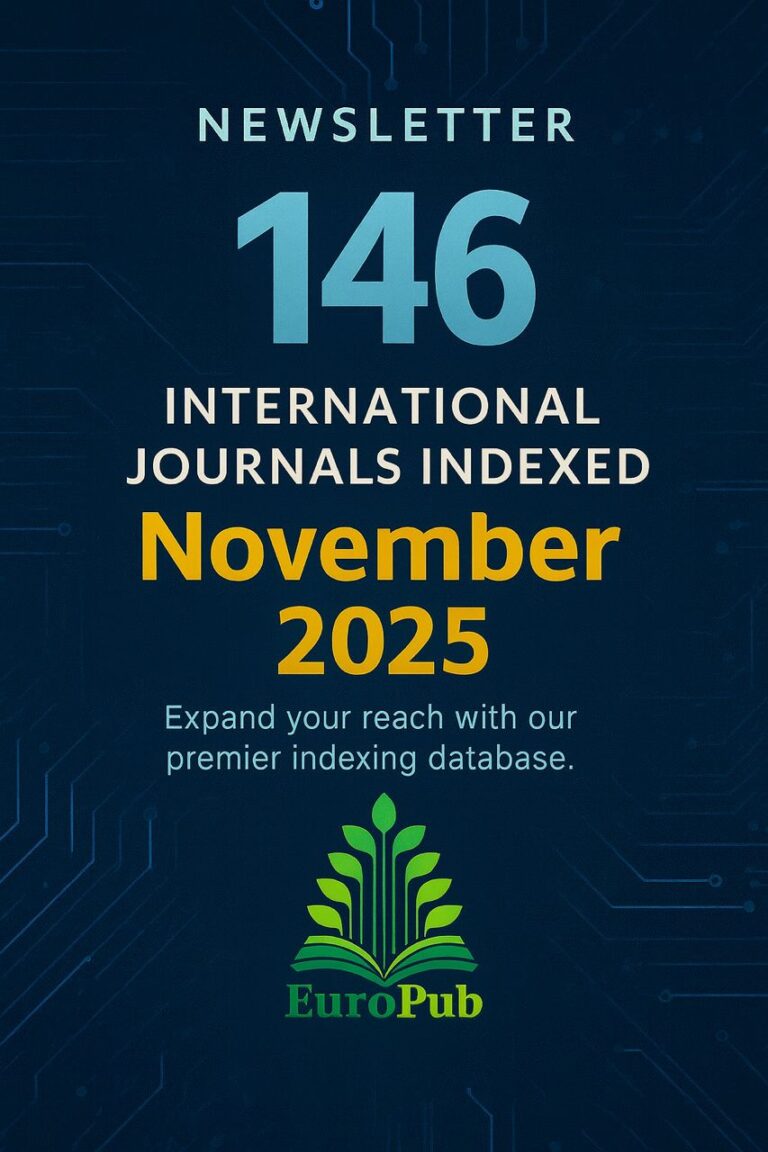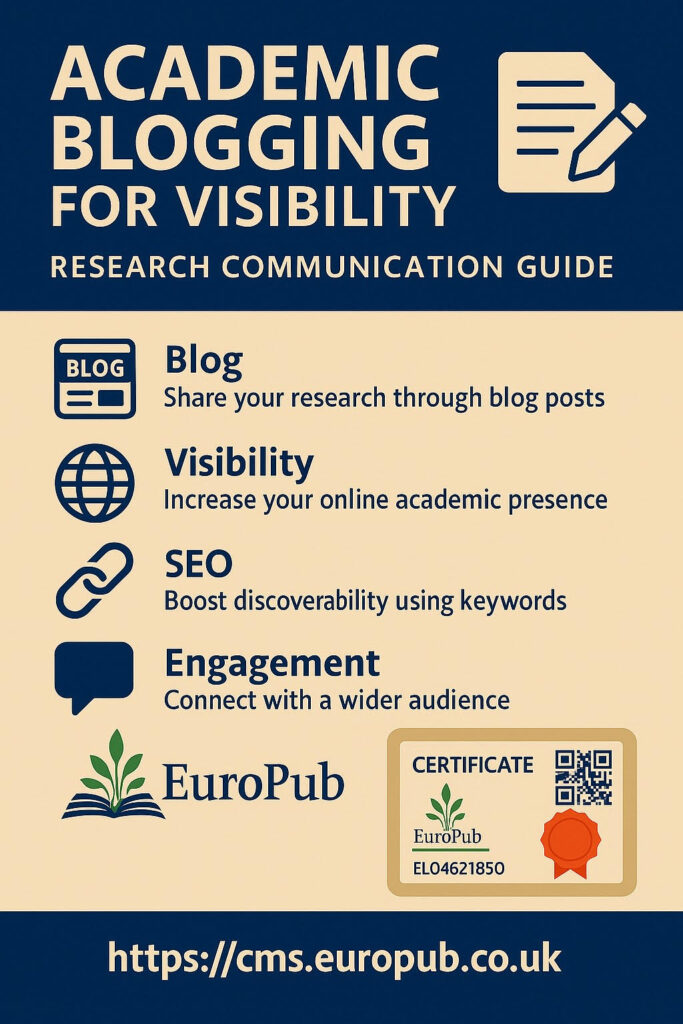
Academic blogging is one of the most effective ways to communicate your research to a wider audience, enhance citations, and build an online academic identity.
It bridges the gap between scholarly publishing and public understanding, allowing your ideas to reach beyond journal readers.
 Why Academic Blogging Matters
Why Academic Blogging Matters
| Benefit | Explanation |
|---|---|
 Global Reach Global Reach | Expands readership beyond academic circles |
 Visibility Visibility | Improves citation chances and online reputation |
 Engagement Engagement | Encourages feedback and collaborations |
 SEO Advantage SEO Advantage | Boosts discoverability in Google and databases |
 Career Growth Career Growth | Demonstrates communication and outreach skills |
 How to Start an Academic Blog
How to Start an Academic Blog
 Choose a Platform
Choose a Platform
- WordPress — most flexible and professional
- Medium — wide readership, simple publishing
- Substack — for newsletters and regular updates
- ResearchBlogging.org — for research-based posts
 Define Your Focus
Define Your Focus
Write around your field, methodology, case studies, or academic experiences.
Examples:
- “Data Ethics in AI Research”
- “Publishing Challenges in Open Access Journals”
 Keep the Tone Accessible
Keep the Tone Accessible
- Use clear, non-technical language.
- Start with why your research matters.
- Add charts, infographics, or summaries.
 Be Consistent
Be Consistent
Publish regularly — even short posts monthly improve your visibility.
 Connect Your Profiles
Connect Your Profiles
Link to your:
 Tips for High-Impact Academic Blogging
Tips for High-Impact Academic Blogging
| Strategy | Why It Works |
|---|---|
 Write about trending topics Write about trending topics | Attracts new readers and citations |
 Summarize your papers Summarize your papers | Simplifies research for non-specialists |
 Collaborate with peers Collaborate with peers | Co-authored blog posts reach more audiences |
 Use SEO keywords Use SEO keywords | Helps search engines find your work |
 Share across platforms Share across platforms | Post on LinkedIn, X (Twitter), ResearchGate |
 Example Blog Post Structure
Example Blog Post Structure
Title: “How Open Access Changes Citation Impact”
Intro: Present the issue briefly and its importance.
Body: Explain findings, data insights, or trends.
Conclusion: Invite discussion or feedback.
CTA: “Read full study via Europub Certificate Portal: cms.europub.co.uk”
 Academic Blogging & Metrics
Academic Blogging & Metrics
Your blog’s success can be measured through:
- Page Views & Unique Visitors — visibility reach
- Shares, Comments, Mentions — engagement
- Altmetric Attention Score — social impact
- Citations (indirectly) — visibility-driven academic recognition
Use tools like:
 Common Mistakes to Avoid
Common Mistakes to Avoid
 Copying journal content verbatim
Copying journal content verbatim Ignoring citation or copyright attribution
Ignoring citation or copyright attribution Irregular posting or long inactivity
Irregular posting or long inactivity Neglecting comments or discussion replies
Neglecting comments or discussion replies Overly promotional tone without research substance
Overly promotional tone without research substance
 Ethics and Best Practices
Ethics and Best Practices
- Always cite your sources.
- Credit co-authors and collaborators.
- Use open data and figures with permissions.
- Follow COPE blogging ethics
.
 Useful Resources
Useful Resources
| Resource | Link |
|---|---|
| WordPress | https://wordpress.com |
| Medium | https://medium.com |
| Substack | https://substack.com |
| ResearchBlogging | https://researchblogging.org |
| Europub Certificate System | https://cms.europub.co.uk |
| Europub Database | https://europub.co.uk |
| Europub Scientific News | https://news.europub.co.uk |
 Europub Certification Reminder
Europub Certification Reminder
Get officially recognized for your online academic outreach with Europub:
- Academic Blogging Certificate
- Digital Outreach Verification
- Research Communication Badge
 Apply here → https://cms.europub.co.uk
Apply here → https://cms.europub.co.uk
